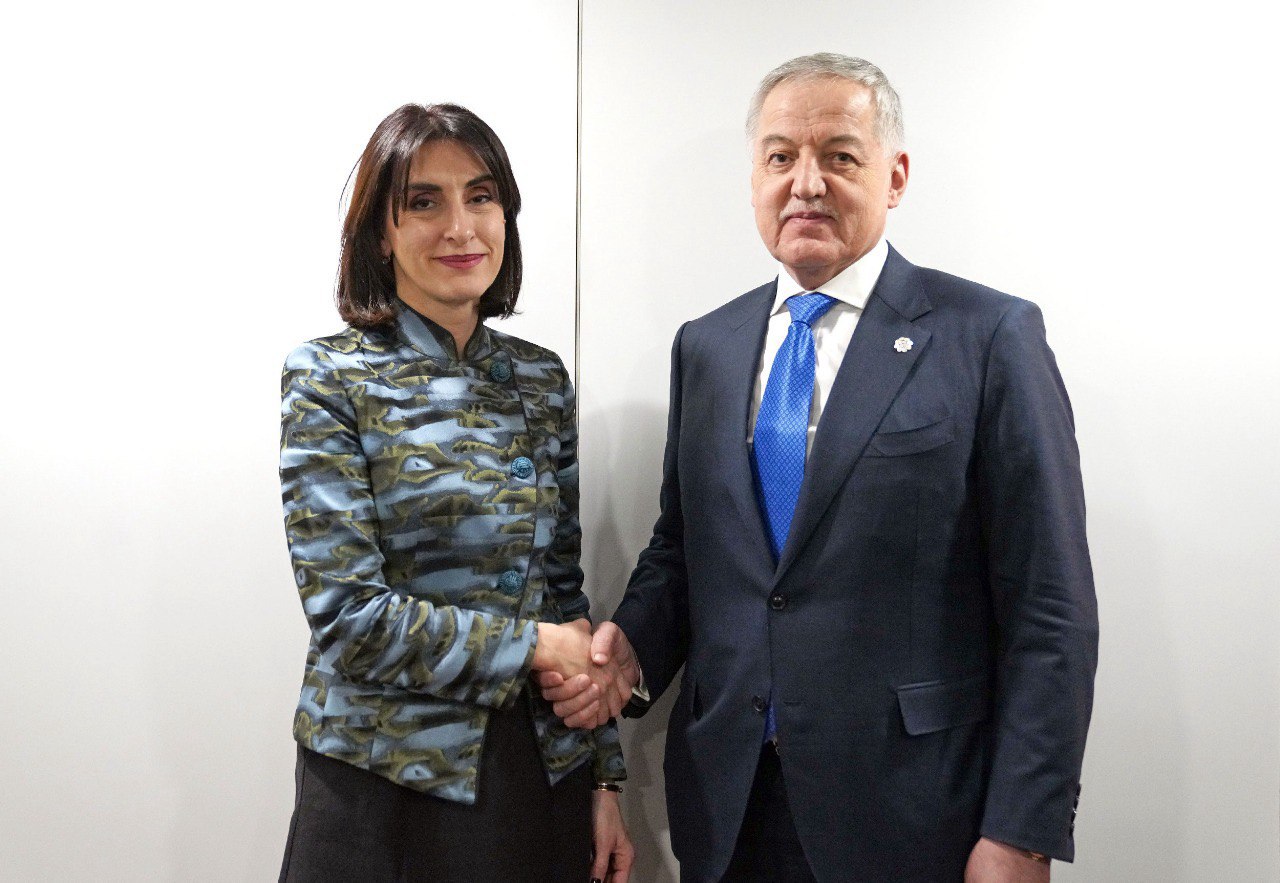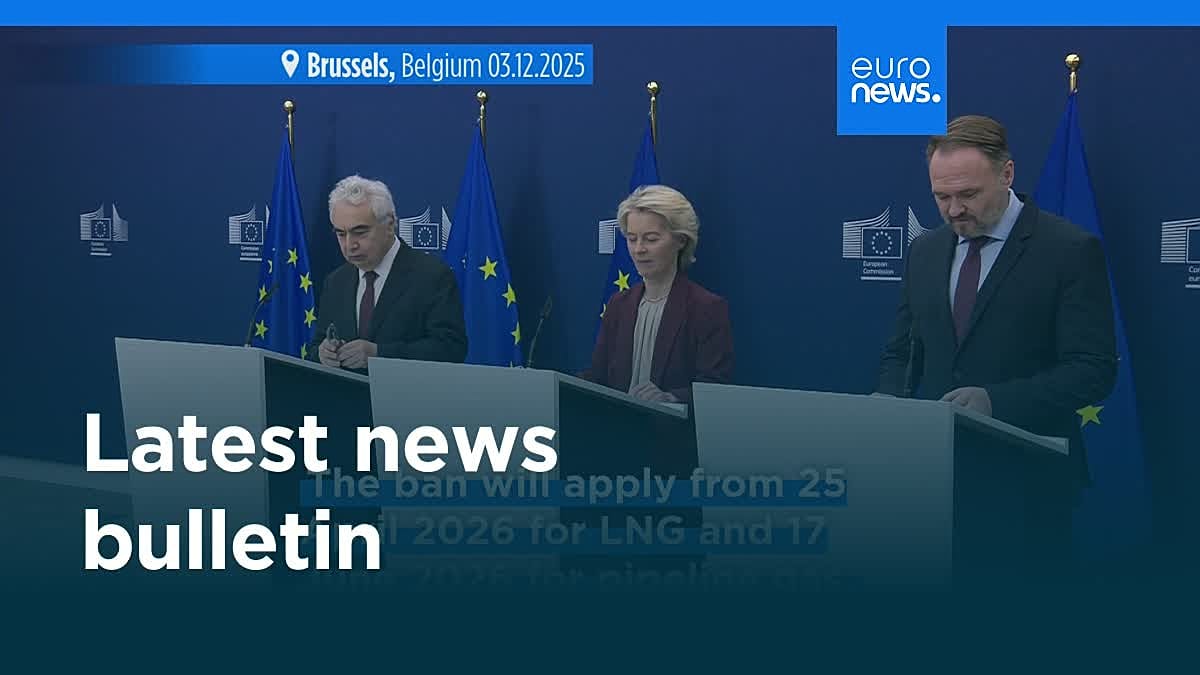EU Commission issues guidelines for new AI rules starting in August

Brussels (dpa) – A few weeks before the start of central EU regulations for large AI models like ChatGPT and Gemini, the EU Commission has presented guidelines for implementing the new requirements. These are intended to help providers of so-called general-purpose AI models fulfill their transparency obligations under the EU AI Act. The document explains in more detail which models and providers are affected by the new regulations and what they need to document.
From August 2, 2025, specific requirements will apply in the EU for these broadly applicable systems, which can generate language, write texts, or create images and videos. Providers will need to disclose how their models work, what data they were trained on, and how they handle potential risks.
Regulatory oversight will be introduced in stages
Affected are models that have been trained with significant computational effort. For particularly powerful models with potential systemic risks, such as to fundamental rights or security, additional obligations for risk assessment and mitigation apply.
The Commission emphasizes that it aims to create legal clarity with the guidelines and thus enable innovation. While the obligations will apply from August 2025, regulatory oversight will be introduced in stages: From 2026, the newly established EU AI Office can review new models, and from 2027, it can also review existing ones. Violations may result in fines. Until regulatory oversight is in place, the Commission plans to work with providers to facilitate the transition, according to EU officials. (July 18)















































